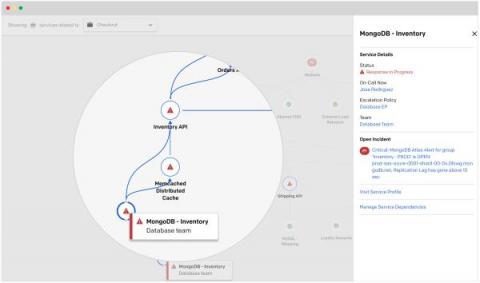End to End (E2E) Testing Best Practices
When it comes to the applications, websites, and services we build, the end user ultimately determines whether or not the end product is successful. Even the greatest concepts can fall short if the application does not consistently meet the evolving needs and expectations of the user. Just look at what happened to sites like Myspace or Yahoo.




